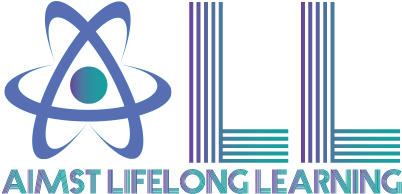
This course aims to provide participants with a comprehensive understanding of ISO14001:2015 requirements and the process of risk and opportunity identification. The course will cover the key elements of ISO 14001:2015, including its structure, requirements, and compliance. Additionally, the course will cover risk and opportunity identification, its importance, and how to implement it effectively. Through a combination of lectures, group discussions, and interactive exercises, participants will gain practical knowledge and skills to implement ISO 14001:2015 and identify risks and opportunities within their organizations.
| Module 1 | Introduction to ISO 14001:2015 |
| Module 2 | Context of the organization |
| Module 3 | Risk and Opportunity Identification |
| Module 4 | Implementation of ISO 14001:2015 and Risk & Opportunity Identification |
| Name | Dr. Geevaneswary Saththasivam (Dr.Gee) |
| Qualifications | Doctorate in Business Administration (USM) Masters in Business Administration (UUM) BSc.(Hons) in Computing & Information Systems (University of Lincoln, UK) |
| Department | Business Development Unit |
This one-day training program aims to raise awareness of ISO 14001:2015, the international standard for Environmental Management Systems (EMS). It equips participants to identify environmental aspects and their potential impacts within their daily work activities. Additionally, the program introduces the concept of social impact and its connection to sustainability. Through interactive activities and discussions, participants will gain a deeper understanding of their role in contributing to the organization's environmental and social performance.
Business Analyst
- A Business Analyst identifies business needs and determines solutions to business problems. They use skills in requirements gathering and risk analysis to improve processes, products, or services.
Risk Manager
- A Risk Manager assesses and mitigates risks within an organization. They identify potential risks, evaluate their impact, and develop strategies to minimize their effect on the company.
Project Manager
- A Project Manager oversees projects from inception to completion, ensuring that goals are met on time and within budget. They use risk management strategies to navigate challenges and ensure project success.
Quality Assurance Specialist
- A Quality Assurance Specialist ensures that products or services meet specified requirements and quality standards. They identify potential risks and opportunities for improvement in processes and outcomes.
Operations Manager
- An Operations Manager is responsible for overseeing the production of goods and services. They use risk identification techniques to streamline operations and optimize performance.
